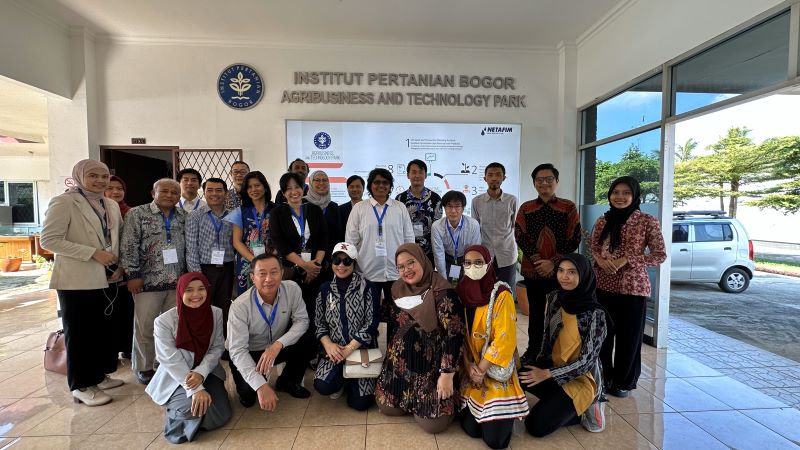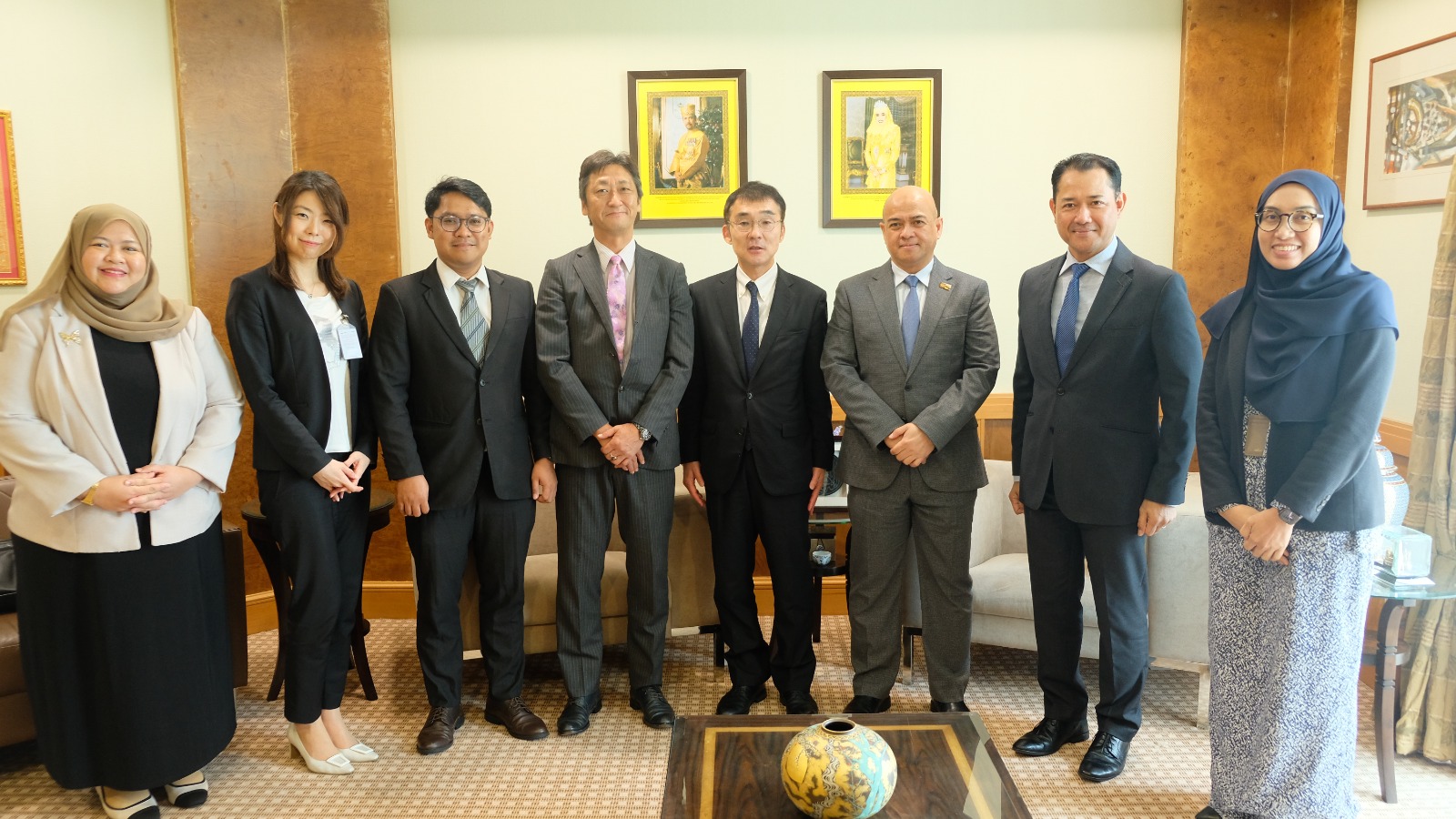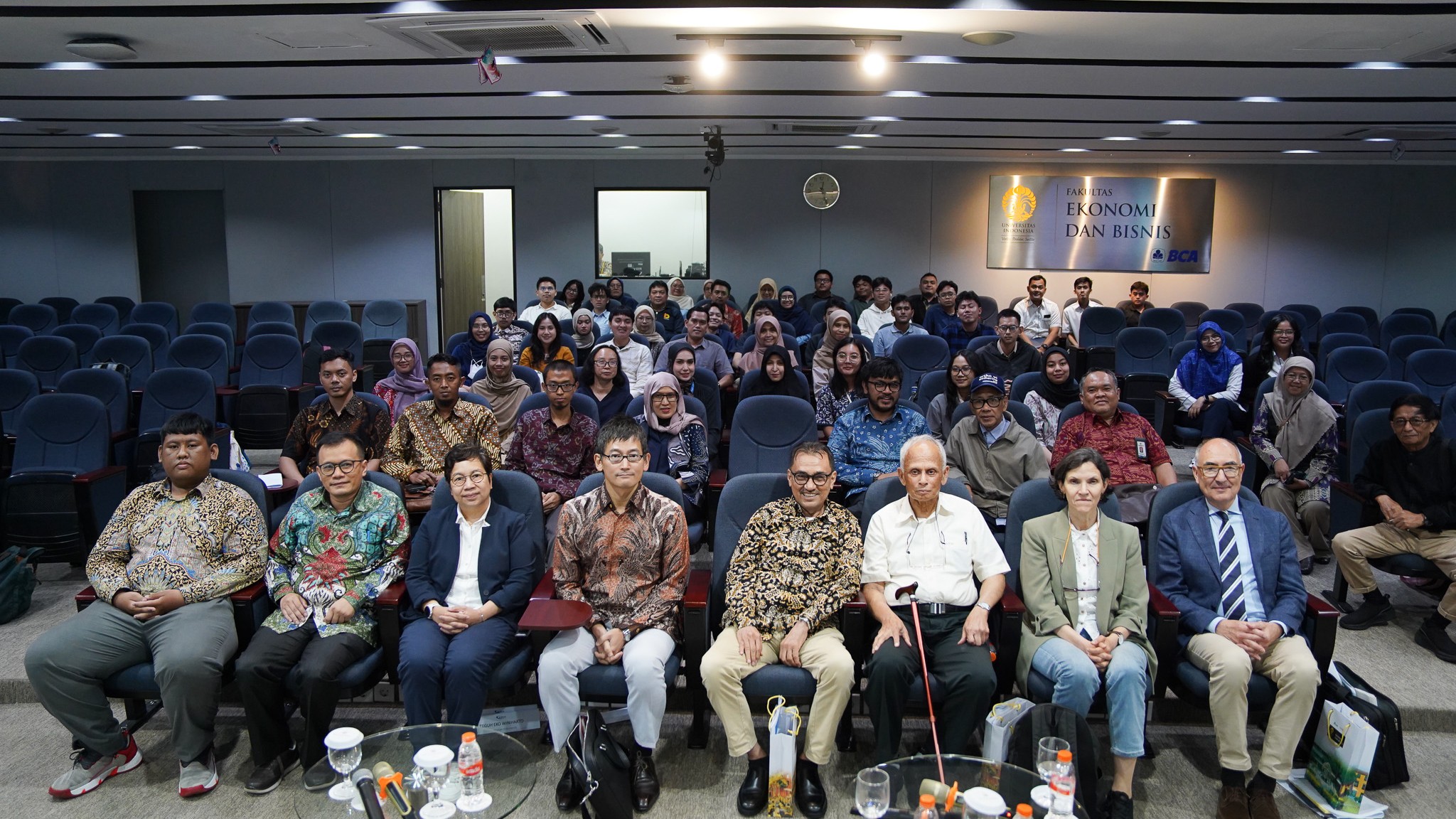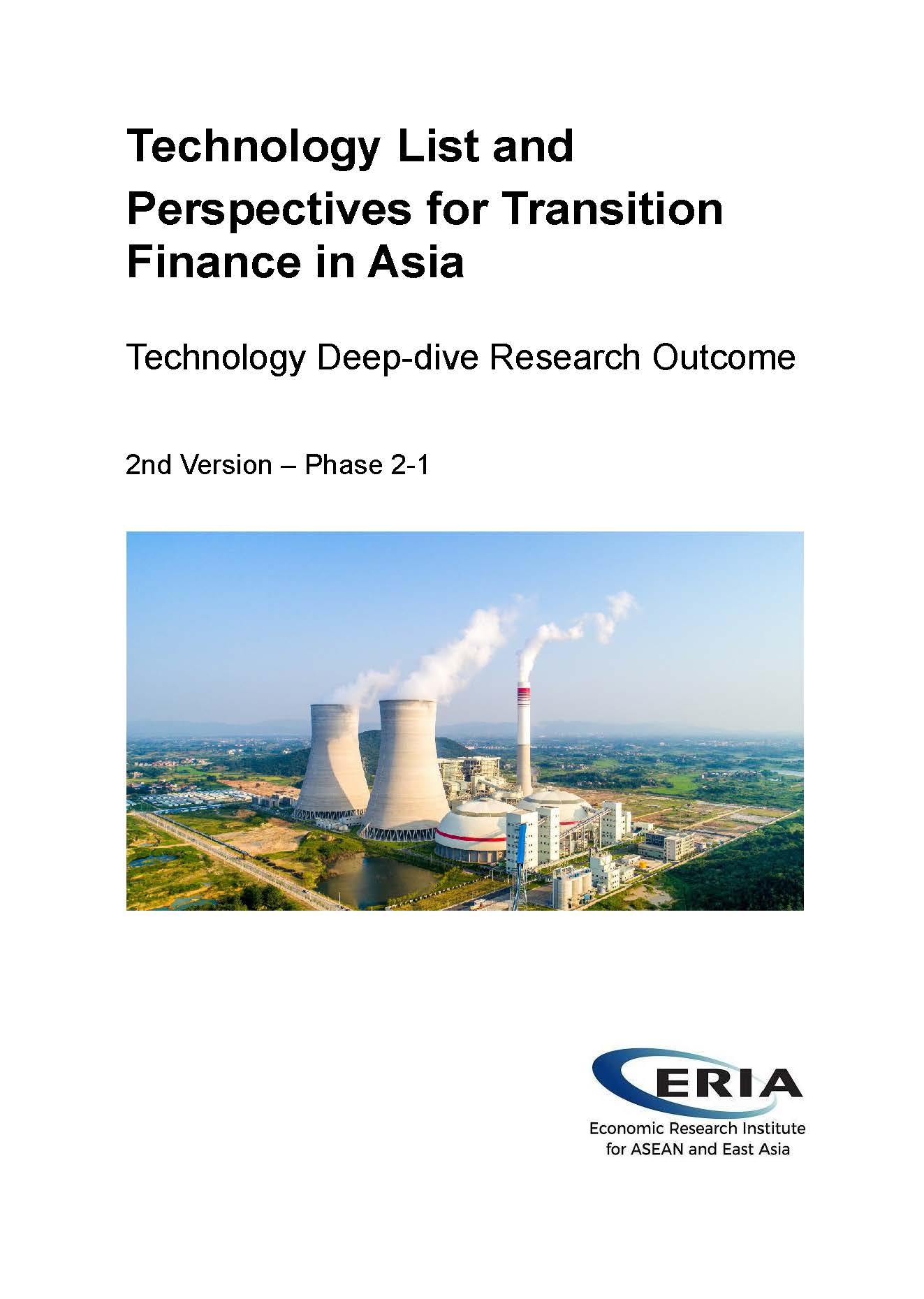ERIA and IPB University Jointly Host Workshop on Regional Perceptions of Sustainable Agriculture and Food Systems in ASEAN
Date:
31 May 2023Category:
NewsTopics:
Agricultural Development, WorkshopShare Article:
Print Article:
Bogor, 31 May 2023: Globally and regionally, there is widespread recognition of the need to transform the current agriculture and food system towards sustainability and resilience to address the repercussions of COVID 19, geopolitical tensions as well as long-term challenges such as population growth and risks associated with climate change. In response, ASEAN Ministers of Agriculture and Forestry (AMAF) adopted the ASEAN Regional Guidelines for Sustainable Agriculture in October 2022. Building on these initiatives, ERIA initiated a study on Building and Enhancing Sustainable Agriculture and Food System in ASEAN Countries.
Given the broad and comprehensive nature of the concept ‘sustainable agriculture’ that covers various policy and technical fields such as organic farming, reduction of greenhouse gases emission, digital agriculture, use of biomass, and so forth, it is essential to identify the key priority areas to build sustainable agriculture and food systems in the region. To accomplish this, ERIA conducted a preliminary scoping study as a component of the project to specify the priority areas through field surveys in 10 ASEAN Member States (AMSs).
To share and verify the results of the scoping study, ERIA, in cooperation with IPB University, organized the workshop on 31 May in Bogor, Indonesia. The workshop brought together ERIA study team members, faculty members and students of IPB University. Guest speakers from the Japan International Research Center for Agricultural Sciences (JIRCAS) and the Mission of Japan to ASEAN also participated in the workshop. The workshop was held in person and attended by approximately 80 participants.
In his opening remarks, Dr Irfan Syauqi Beik, Dean of the Faculty of Economics and Management, IPB University, expressed his expectation for broader and strengthened cooperation amongst AMSs for the sustainable food system and appreciated the role of ERIA in facilitating this process. Also, Mr Yosuke Kawamoto, the First Secretary of the Mission of Japan to ASEAN, introduced the relationship between ASEAN and Japan regarding food systems and delivered a message to the students encouraging their anticipation of their global success in the future.
Following the opening remarks, Dr Yasuro Funaki from JIRCAS introduced the ASEAN-Japan MIDORI cooperation project, a comprehensive cooperation framework proposed by Japan to improve the resilience of agricultural food systems in Monsoon ASEAN countries. Moreover, he detailed the Technology Catalog issued by JIRCAS that could contribute to production potential and sustainability in the region.
Dr Kentaro Yamada, Policy Fellow at ERIA, outlined the project, including the scoping study and the in-depth as the next stage. He also stressed the importance of active discussions from student’s perspective, representing the younger generation. Also, the ERIA study team introduced the results of the systematic survey based on a review of the published documents as well as the field survey using the pre-set questionnaire for stakeholders of the agri-food system. The presentation focused especially on identifying common sustainability challenges across countries such as soil health and varying stages of digital technology adoption between the Cambodia-Laos-Myanmar-Vietnam (CLMV) and non-CLMV countries. The findings also highlighted the priority action areas and capacity building needs to narrow the gaps. Further, study team members from each AMS shared their country-based results and recommendations.
During the discussion session moderated by Dr Sahara, Lecturer of the Department of Economics, IPB University, the participants shared valuable suggestions, including ways to connect the study findings with real-time policy development. Some study team members emphasized the importance of connecting smallholders to the market, youth participation, and digitalization as the key solutions to address the challenges of the agriculture sector in ASEAN countries. In addition, students also raised inquiries on the stabilization of crop prices and country practices were shared.
While closing the workshop proceedings, Dr Venkatachalam Anbumozhi, Director of Research Strategy and Innovation, summarized the key outcomes of the workshop. He also explained the ERIA internship opportunities available for students, and sought stronger collaboration within the knowledge community to deepen the understanding of sustainability issues affecting agriculture and food systems, including the development of key performance indicators and Cost-benefit analysis of prioritized sustainability pathways.
Based on the findings from this preliminary scoping study, ERIA plans to proceed to the in-depth country case study which will assess the actual status and initiatives and identify the transferability in priority technology and policy areas.

.jpg)






